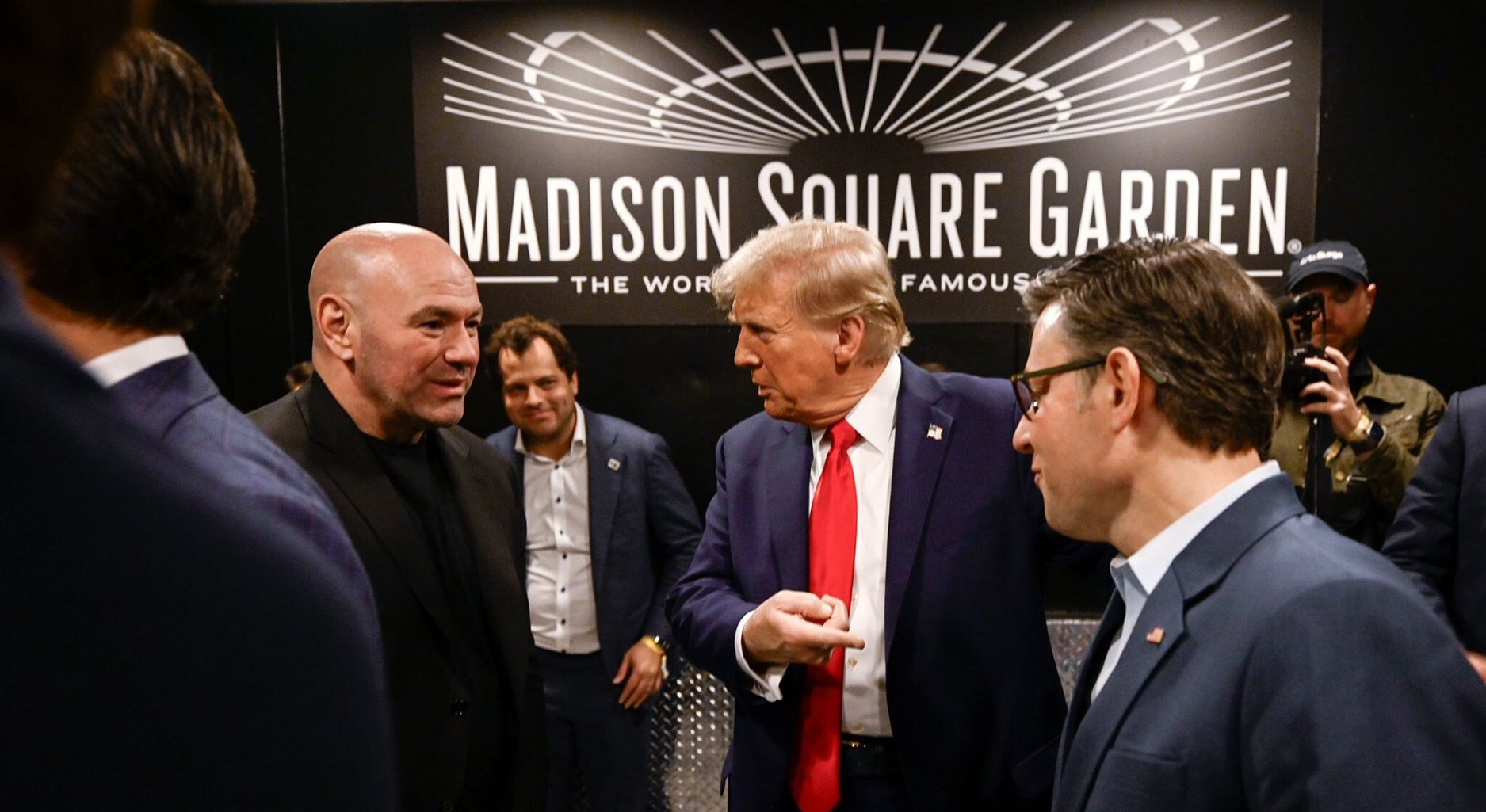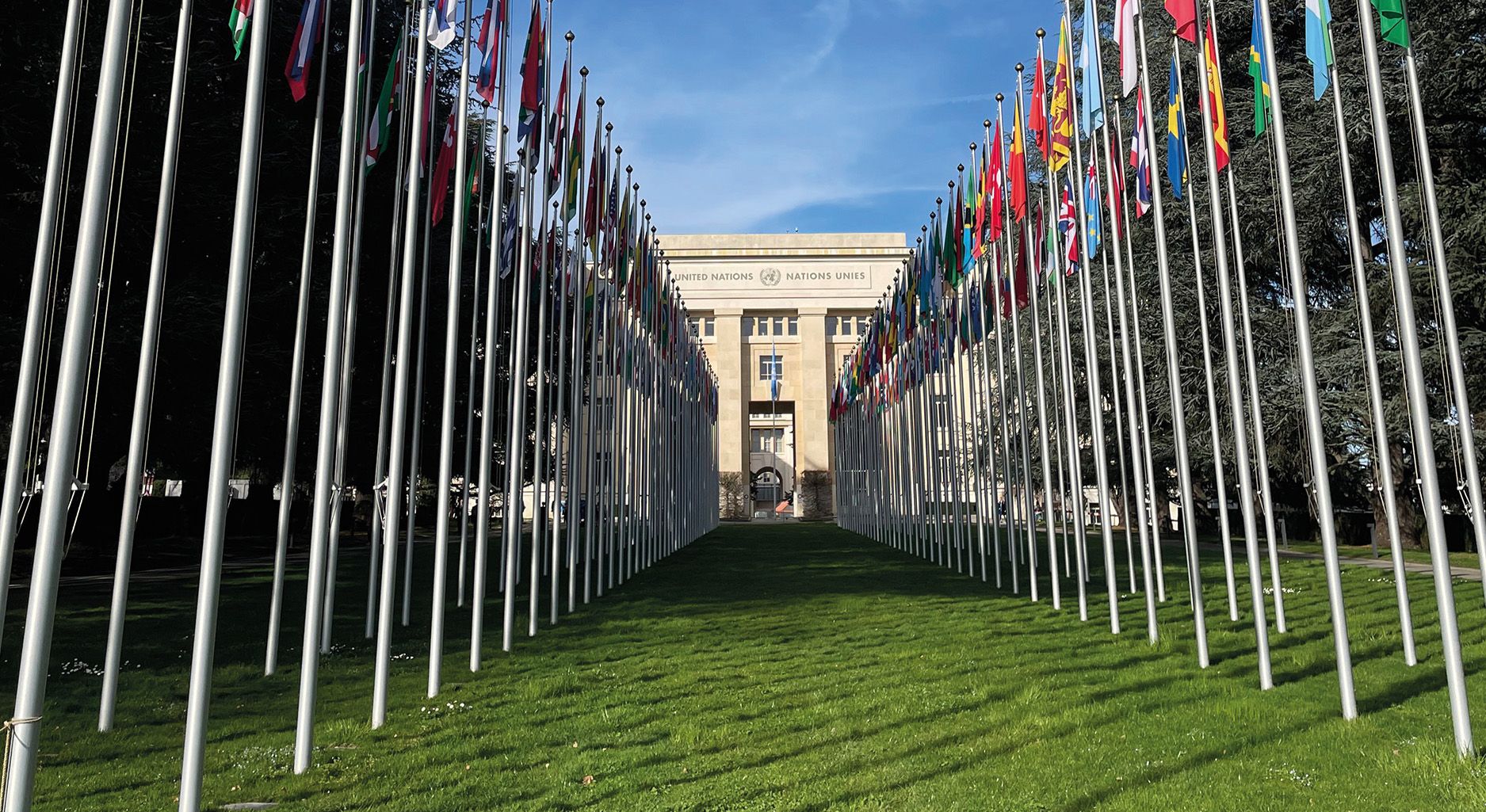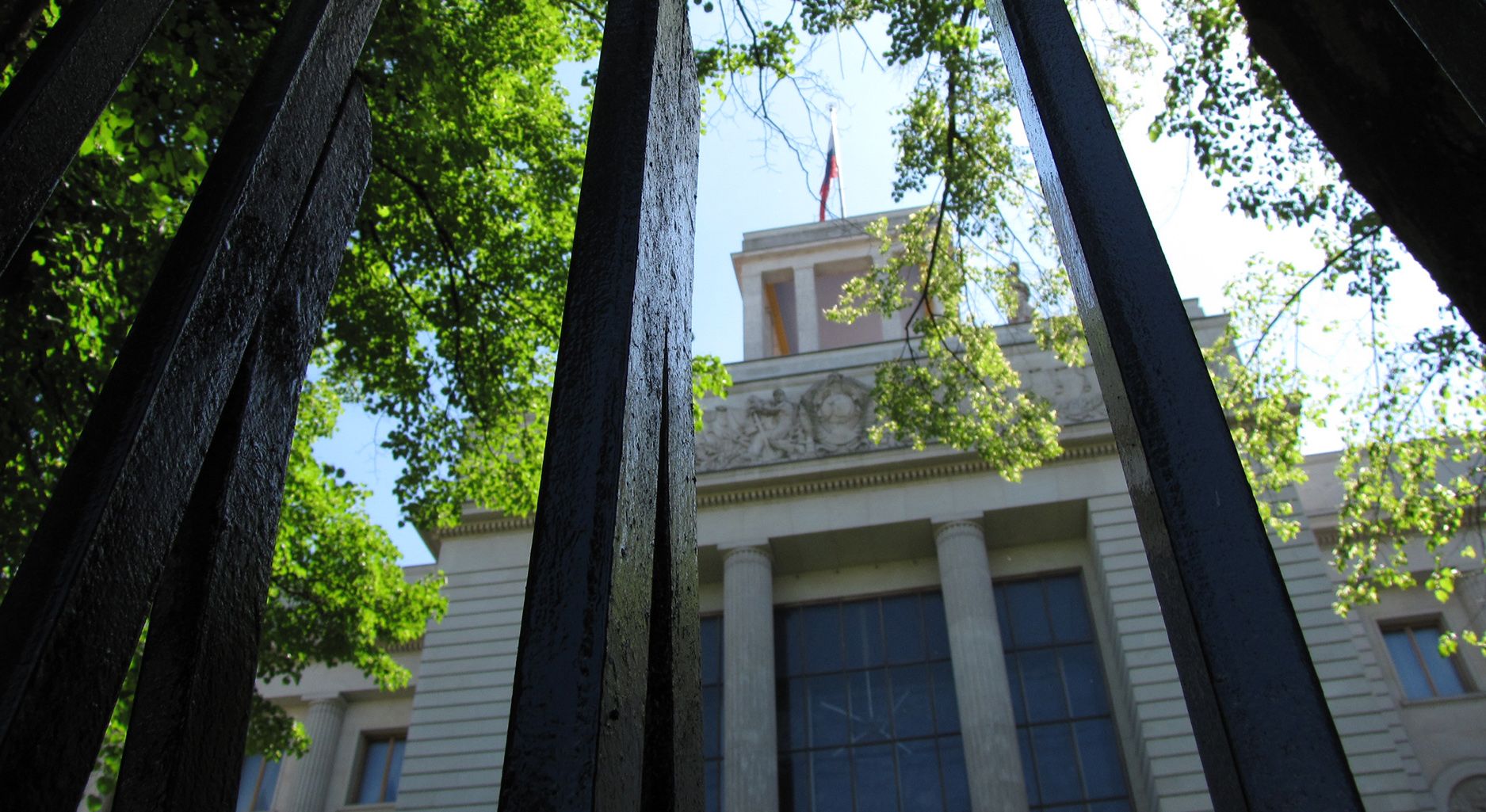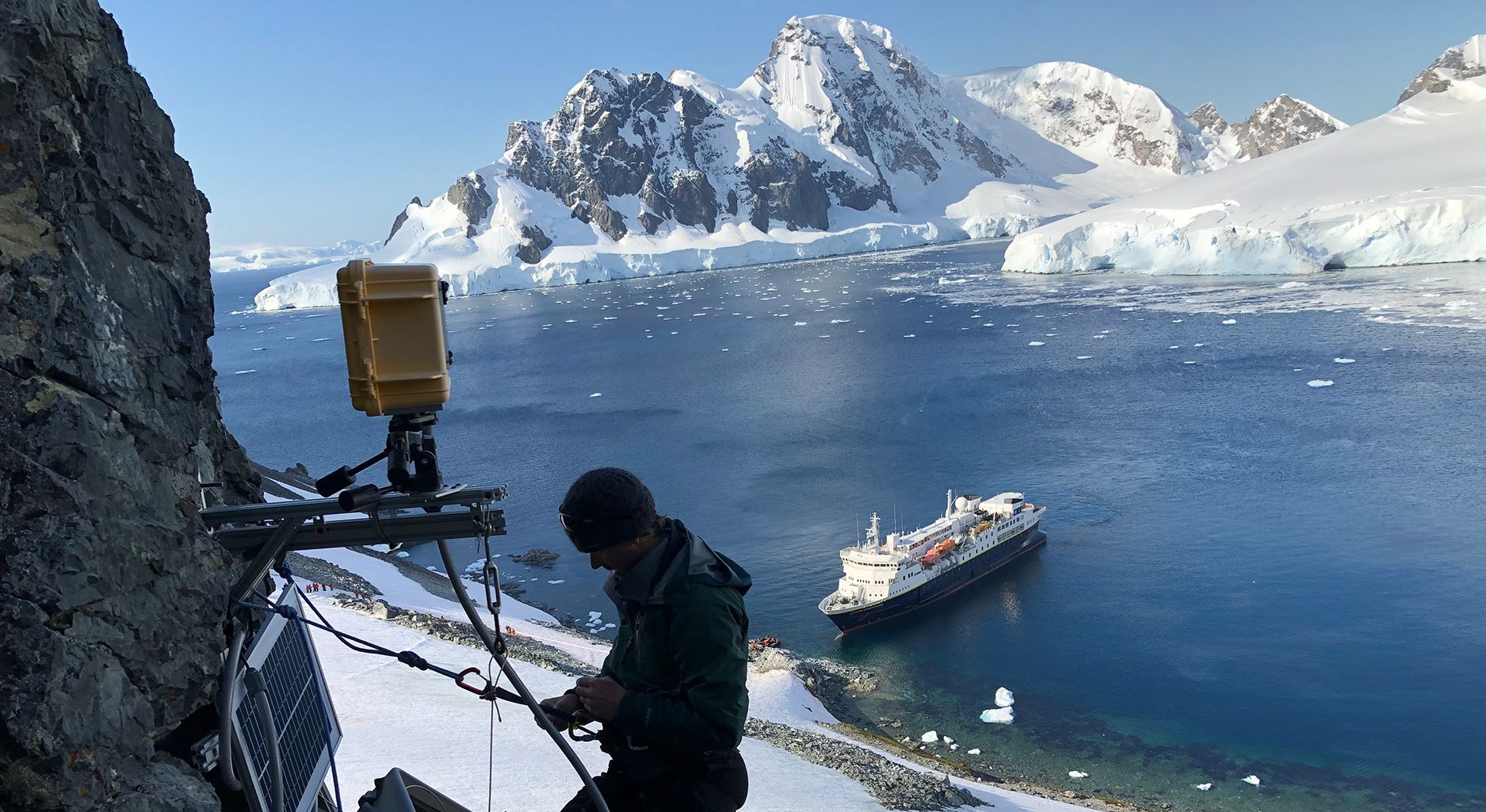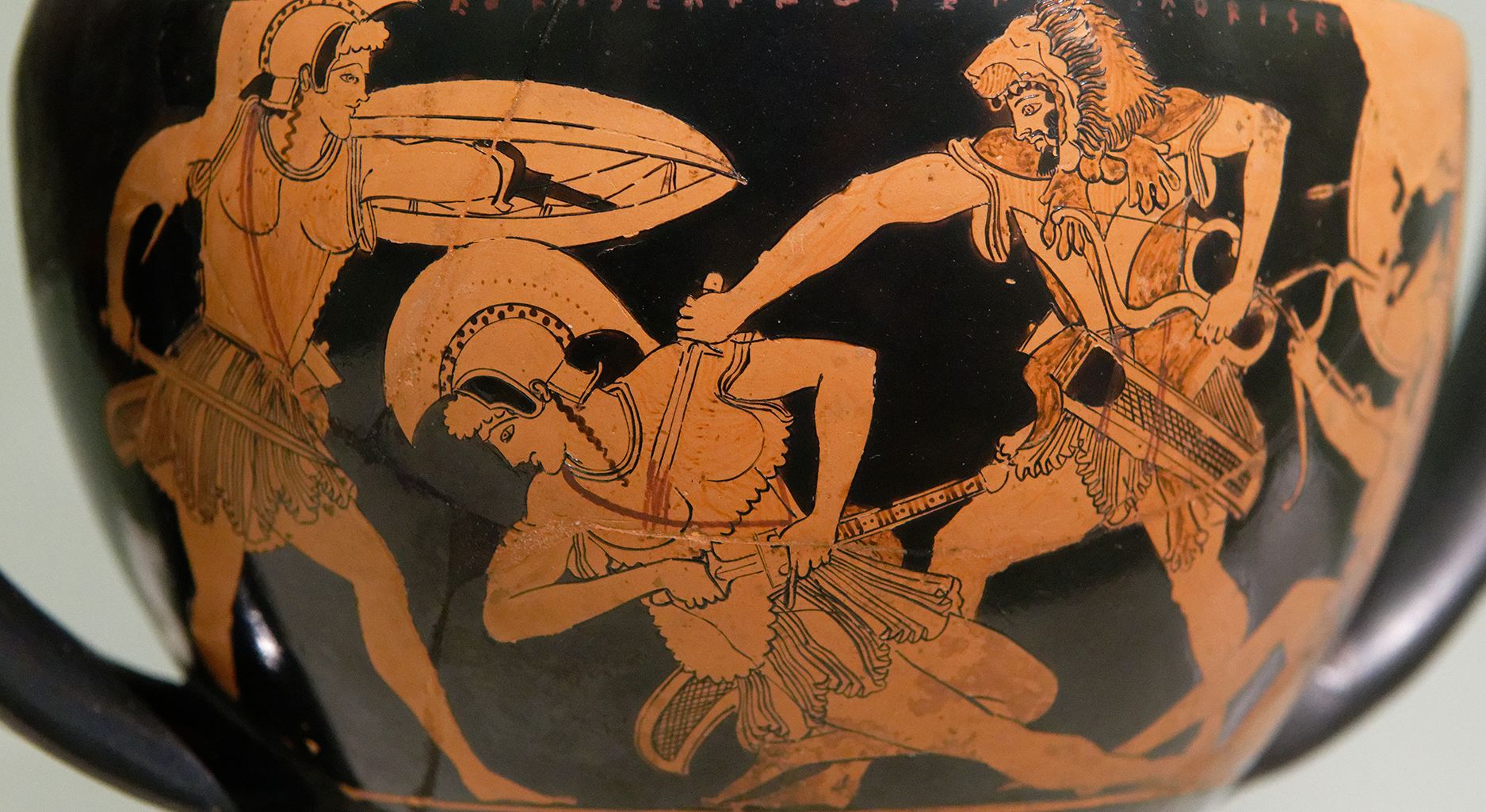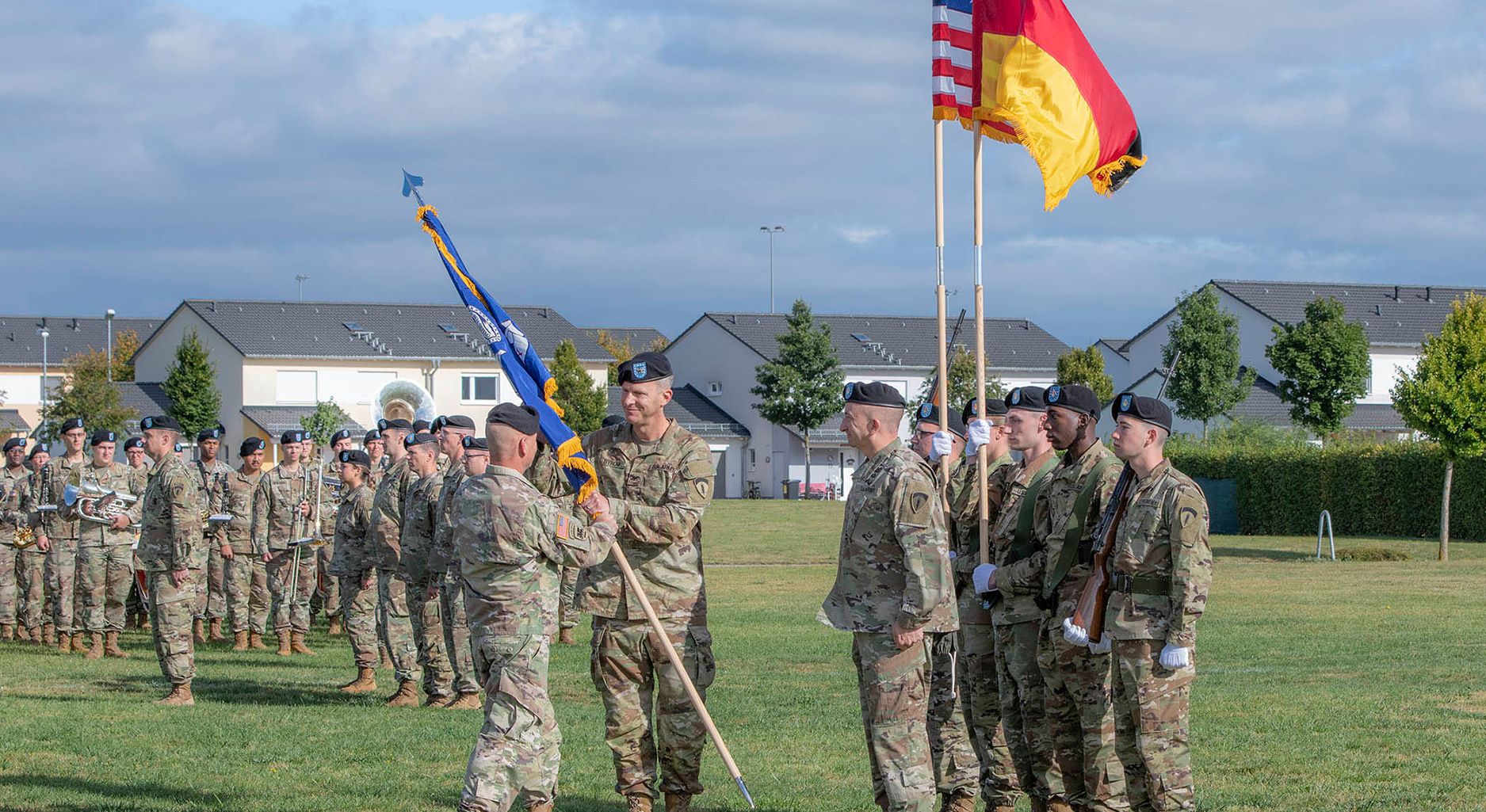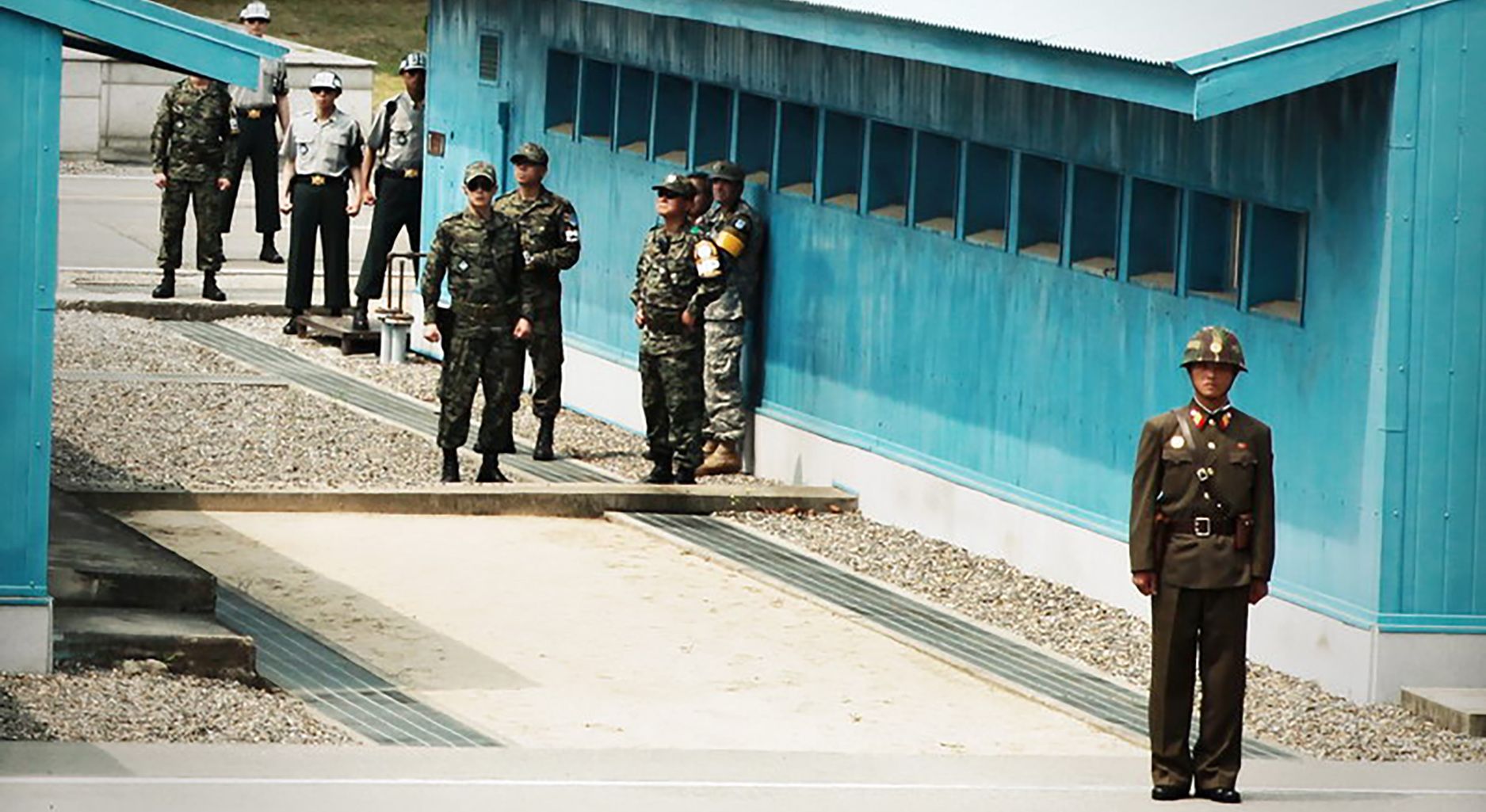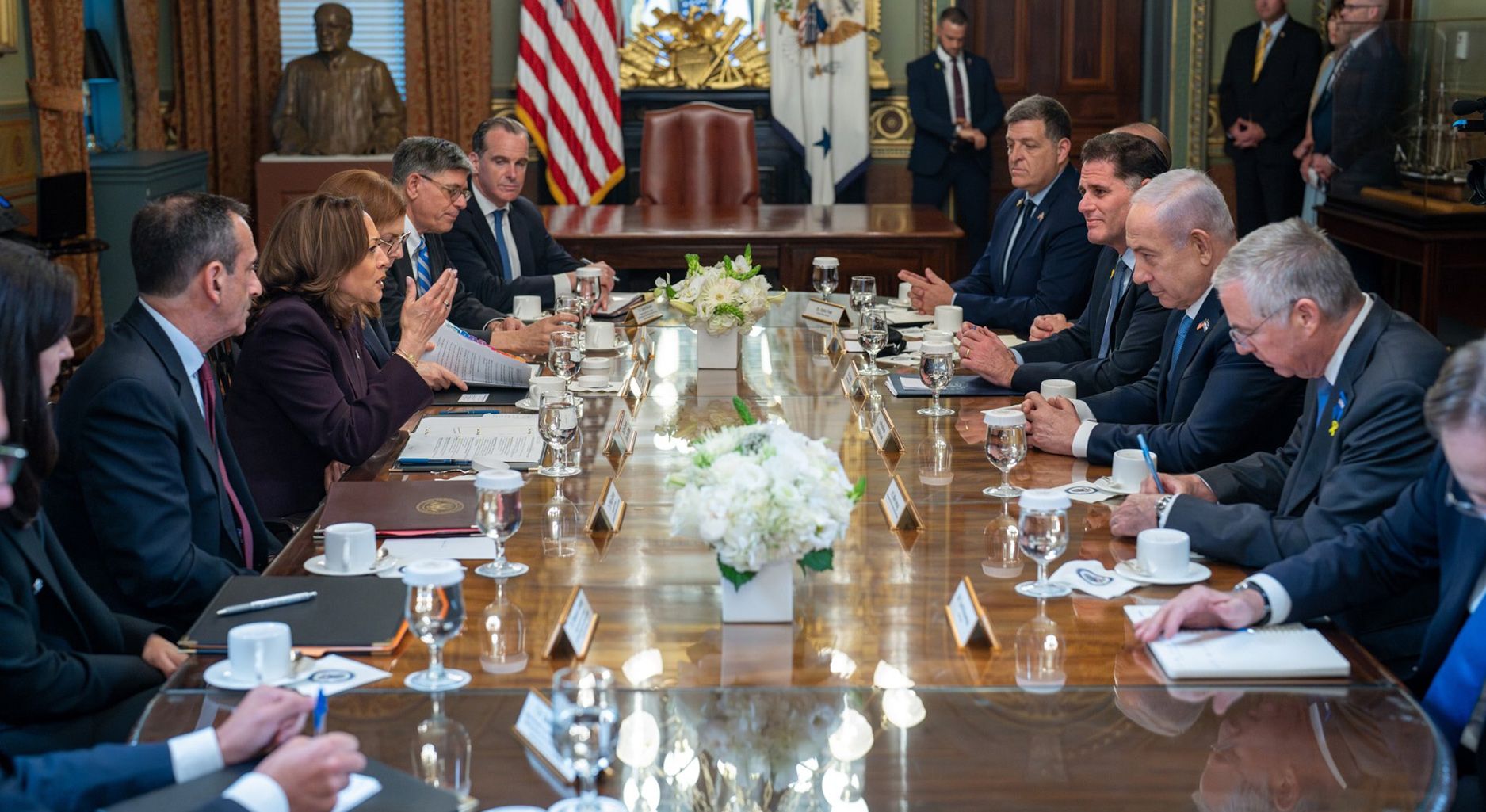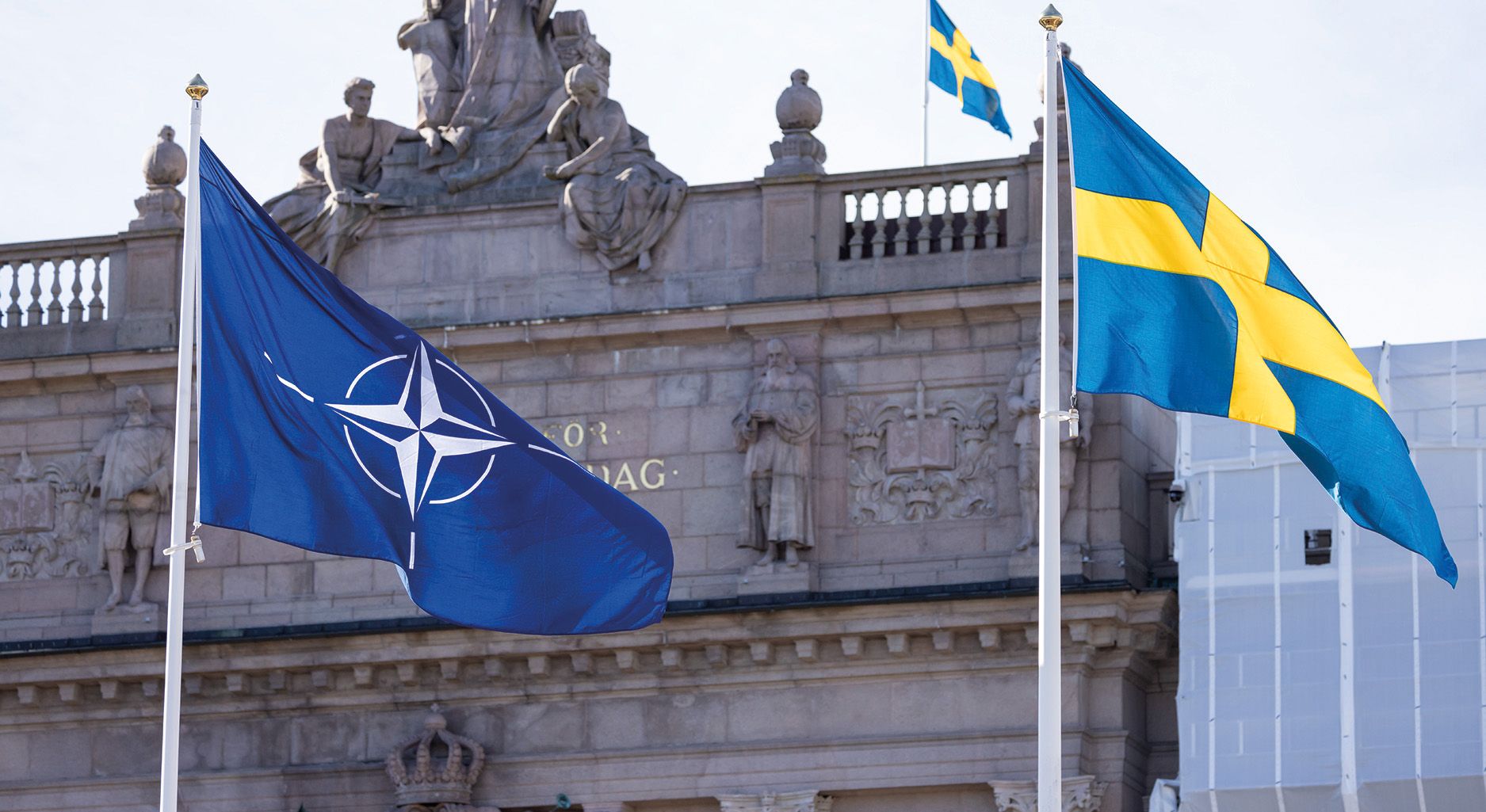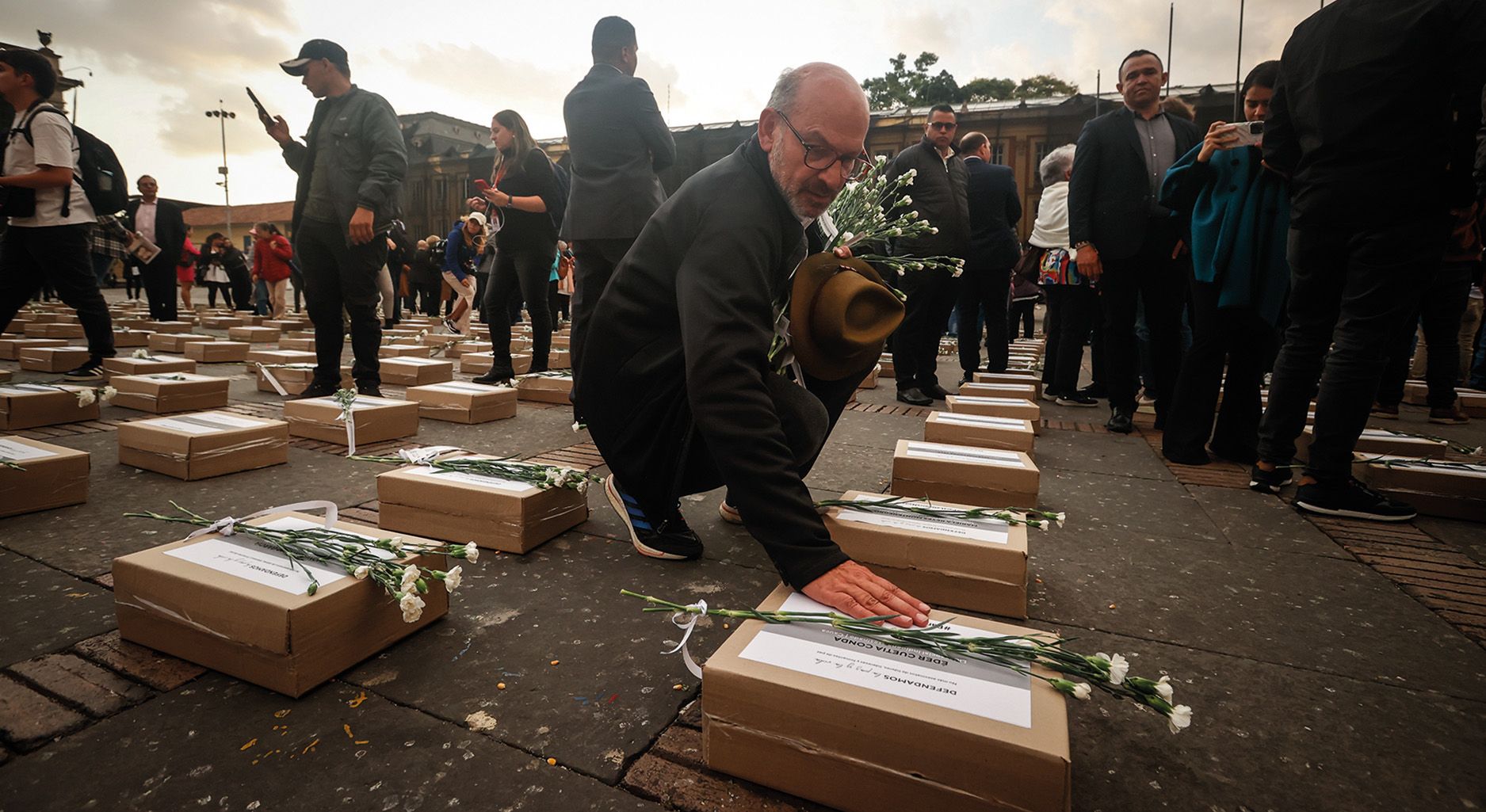Nun ist es Gewissheit: Donald J. Trump wird die USA für eine weitere Amtszeit regieren. Viel wurde in den vergangenen Wochen über Trumps Wahlkampfstrategie diskutiert. Obwohl der Erfolg auf eine Vielzahl von Faktoren zurückzuführen ist, steht fest: Trump hat mit enormen Mobilisierungsaufwand die spezifische Zielgruppe junger Männer adressiert. Die Auftritte fanden häufig über sogenannte Alternativmedien in einem maskulinen, heterosexuellen und gewaltaffinen Umfeld mit rechtsoffenen bis rechtsextremen Persönlichkeiten statt. Dies gilt es ernst zu nehmen und in einem multifaktoriellen Kontext zu analysieren.
Between a Rock and a Hard Place: The UN Cybercrime Convention
In December 2024, UN members will vote on a worldwide Cybercrime Convention negotiated since 2019. While the convention is problematic, this Spotlight shows why a conditional acceptance nonetheless seems the best way forward. For this purpose, we first present the different meanings of cybercrime and outline the existing regulatory framework. We then examine the UN negotiations and the possible human rights implications of the convention, showing that it reflects the contestation of human rights norms and a growing division in the UN, yet supporting the convention at this point also enables long-term influence on its implementation.
Von Verflechtung zu Koexistenz: Abgrenzung als Friedensstrategie nach dem Krieg gegen die Ukraine?
Krieg ist kein unvermeidbares Schicksal und eine friedliche Welt ist möglich – dieser Optimismus der Friedensforschung wird durch Russlands Angriffs- und Eroberungskrieg einer harten Bewährungsprobe ausgesetzt. Jenseits der drängenden Frage, wie der Krieg gegen die Ukraine beendet werden kann, stellt sich der Friedensforschung ein grundlegendes Problem: Wie kann eine wirklich friedliche Weltordnung heute überhaupt noch aussehen? Der Versuch, Frieden durch Verflechtung und Angleichung zu schaffen, ist im Fall Russlands gescheitert. Kann Frieden durch Abgrenzung eine tragfähige Alternative darstellen?
Saving the Planet by Making Antarctica the Object of International Discord?
The recently published Emissions Gap Report 2024 warns that international ambitions must be dramatically raised or the Paris Agreement’s 1.5°C goal will be gone soon. The current COP 29 conference is unlikely to deliver, however, and with new emission records for 2024 just confirmed and climate impacts intensifying, there is an increasing push for more contentious ideas, such as geoengineering the fragile West Antarctic Ice sheet. While there are several technical and environmental concerns, what has been largely overlooked are the political risks of such an endeavour, in particular challenges to the authority, sovereignty, and security of the Antarctic Treaty System.
Konfliktmythen. Verbreitete Fehlannahmen zu Frieden und Konflikt
In Politik, Medien und öffentlicher Debatte begegnen uns immer wieder Konfliktmythen. Bei ihnen handelt es sich nicht um überlieferte Erzählungen aus vergangenen Zeiten, sondern verbreitete falsche Vorstellungen von Frieden und Konflikt. An vielen Konfliktmythen ist nicht alles falsch. Sie dehnen aber Aussagen so sehr über deren Geltungsbereich hinaus, dass sie nicht mehr zutreffen. Sie legen einen bestimmten Umgang mit Konflikten nahe und beeinflussen so Debatten und Entscheidungen. Dieser Beitrag versucht, einige falsche Vorstellungen geradezurücken.
Mehr als nur Abschreckung: Mittelstreckenwaffen und Multi-Domain-Operationen in Europa
Seit die USA und Deutschland am Rande des NATO-Gipfels 2024 bekanntgegeben haben, dass ab 2026 konventionelle Mittelstreckenwaffen in Deutschland stationiert werden sollen, stehen die neuen Waffensysteme im Fokus der sicherheitspolitischen Diskussion. Dabei werden Rolle und Bedeutung der Systeme hauptsächlich unter dem Gesichtspunkt der Abschreckung diskutiert. Allerdings spielen sie auch eine zentrale Rolle im neuen Multi-Domain-Operationskonzept der US-Armee. Um alle Dimensionen der geplanten Stationierung erfassen zu können, müssen die weitreichenden Waffen deshalb auch unter dem Aspekt der Kriegsführung betrachtet werden.
U.S. Elections and Their Potential Impact on U.S.-Korean Relations
The upcoming U.S. elections signal a potential shift in U.S.-Korean relations. While Kamala Harris would likely continue President Biden’s focus on sanctions and deterrence, Donald Trump might just as easily revive diplomatic talks as cause another flare-up of tensions on the Korean peninsula. Meanwhile, South Korea is concerned about U.S. security commitments and currently debating whether to pursue its own nuclear deterrent. The Washington Declaration reaffirms U.S.-South Korean cooperation, but the conservative security proposal, Project 2025, hints at potential reductions in U.S. military presence. These developments raise questions about South Korea’s security and the broader stability of East Asia.
Unterschiede, die keinen Unterschied machen? Trump, Harris und der israelisch-palästinensische Konflikt
Die USA sind der wichtigste Verbündete Israels, doch die Kriegführung Israels im Gaza-Streifen stellt diese Jahrzehnte währende „besondere Beziehung“ derzeit auf eine Belastungsprobe. Nun stehen die US-Wahlen an: Wie würden sich Trump und Harris im Falle ihrer Wahl gegenüber dem Gaza-Krieg und dem israelisch-palästinensischen Konflikt positionieren? Und würden die Unterschiede zwischen ihnen tatsächlich einen Unterschied machen mit Blick auf eine langfristige Lösung des Konflikts?
Sweden’s Accession to NATO: What Is behind the Decision?
Russia’s war against Ukraine has echoed in Northern Europe and in the Arctic, where Russia is one of the most influential actors. The region’s security landscape has been significantly transformed after Finland and Sweden, two countries that had previously preferred cooperation with NATO over full membership, joined the Alliance. Because Finland shares a common land border with Russia, its decision was met internationally with reserved understanding. Sweden, however, is in a comparatively unthreatened region, thus for actors outside Northern Europe it was an unexpected move. So, was Stockholm’s decision really surprising? Why did it happen, and what are the potential consequences?
Tödliche Gewalt gegen friedlichen Aktivismus. Was wissen wir über die Ermordung von Menschen, die sich für Menschenrechte, Land- und Umweltschutz engagieren?
Im Jahr 2023 wurden laut Global Witness weltweit mindestens 196 Land- und Umweltaktivist*innen umgebracht, Front Line Defenders zufolge insgesamt 300 Personen, die sich für Menschenrechte einsetzen. Die Forschung zu dieser tödlichen Gewalt gegen friedlichen Aktivismus steckt noch in den Kinderschuhen. Was wissen wir über Charakteristika, Muster und Ursachen? Und was folgt daraus für die europäische und deutsche Politik?
